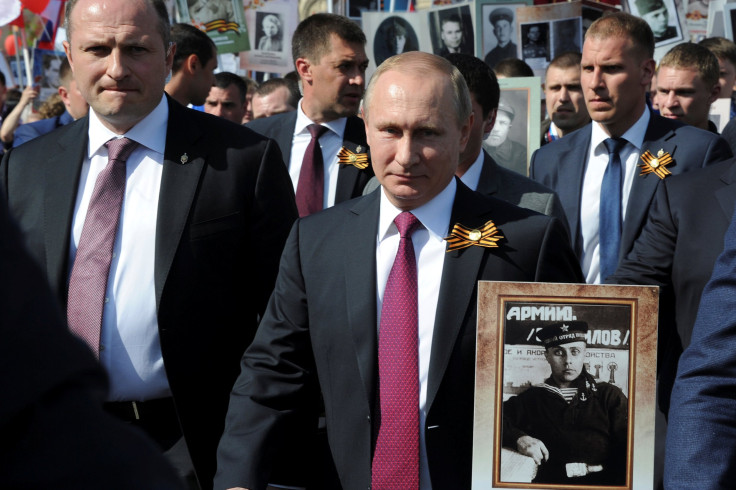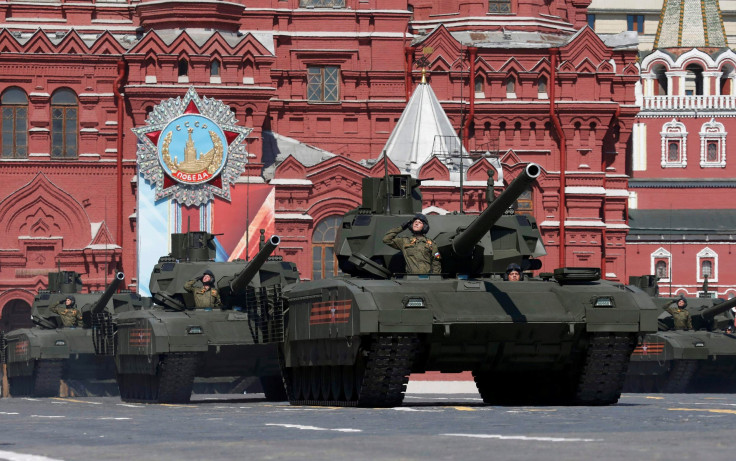New Cold War? Russia Developing Intercontinental Ballistic Missiles To Pierce US Missile Shield

In a return to rhetoric reminiscent of the Cold War, Russia announced Tuesday it is working to develop new intercontinental ballistic missiles capable of piercing the U.S. missile shield.
“This is conditioned by the fact that the United States is not stopping after what it has achieved and continues improving its missile defense system, including the deployment of its elements in Europe,” Sergey Karakayev, commander of Russia’s Strategic Missile Force, told the Kremlin-backed news agency Tass. “That is why special attention in the development of new missile complexes is paid to the issue of overcoming the missile shield.”
Karakayev said Russia was working on missile acceleration, new types of warheads and making flight paths more difficult to predict. Without providing an exact number, he said the Russian military would have an equal number of stationary and mobile intercontinental ballistic missile launchers by 2021. The Yars missile system is expected to make up half of the country’s strategic missile forces. While no new test sites are expected for intercontinental ballistic missiles, Karakayev said new mobile facilities were a possibility.
During the Cold War, the U.S. developed a missile defense system meant to the shield the country from incoming intercontinental ballistic missiles, with the Soviet Union in mind. Russia has been angry over American plans to station part of its missile shield in Europe. The Kremlin has listed ballistic missiles as a top external threat in its military doctrine and has vowed to retaliate against American missile shield plans for Europe.
Russia’s missile announcement comes a day after showcasing its newest military equipment during the annual Victory Day celebrations marking the defeat of the Nazis in World War II. Armata tanks and the Yars intercontinental ballistic missile launchers were on prominent display in Red Square in Moscow.

During the celebrations, President Vladimir Putin called for an international security system while also implicitly criticizing the West for blocking such attempts due to the expansion of the NATO military and political alliance.
“Comrades, history lessons teach us that peace on Earth is not established by itself; that one needs to be cautious; that double standards as well as shortsighted indulgence of those who nurture criminal plans are impermissible,” Putin said.
Russia and the U.S. have continued to be at odds since the Kremlin’s annexation of Crimea from Ukraine in March 2014. The U.S. increased its defense budget for Europe for 2017 amid worries over Russian aggression.
“We do not seek to make Russia an enemy. But make no mistake – we will defend our allies, the rules-based international order, and the positive future it affords us,” said U.S. Defense Secretary Ash Carter, speaking in Germany last week.
© Copyright IBTimes 2024. All rights reserved.












